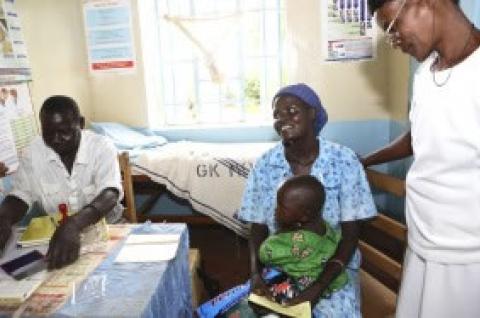
Paul Gertler
Li Ka Shing Professor of Economics, Haas School of Business
University of California, Berkeley
Paul Gertler is the Scientific Advisor for IPA's Latin American country offices and Entrepreneurship & Private Sector Development (EPSD) Program. He is the Li Ka Shing Professor of Economics in the Haas School of Business at the University of California, Berkeley. He is also the Scientific Director of the Center for Effective Global Action. He received his PhD in Economics from the University of Wisconsin in 1985 and prior to UC Berkeley has held academic appointments at Harvard, RAND, and SUNY Stony Brook.
Dr. Gertler is an internationally recognized expert in impact evaluation. Dr. Gertler was Chief Economist of the Human Development Network of the World Bank from 2004-2007 and the Founding Chair of the Board of Directors of the International Initiative for Impact Evaluation (3ie) from 2009-2012. At the World Bank, he led an effort to institutionalize and scale up impact evaluation for learning what works in human development. At Berkeley, he teaches courses in applied impact evaluation at both the graduate and undergraduate levels as well as in an executive education program for policy makers. He is the author of the best-selling textbook Impact Evaluation in Practice and the recently released second edition, published by the The World Bank Press.
He has been a Principal Investigator on a large number of at-scale multi-site impact evaluations including Mexico’s CCT program, Progresa/Oportunidades, and Rwanda’s Health Care Pay-for-Performance scheme. He has published results from impact evaluations extensively in both scientific and policy journals on early childhood development, education, fertility and contraceptive use, health, HIV-AIDS, energy and climate change, housing, job training, poverty alleviation, labor markets, and water and sanitation.















